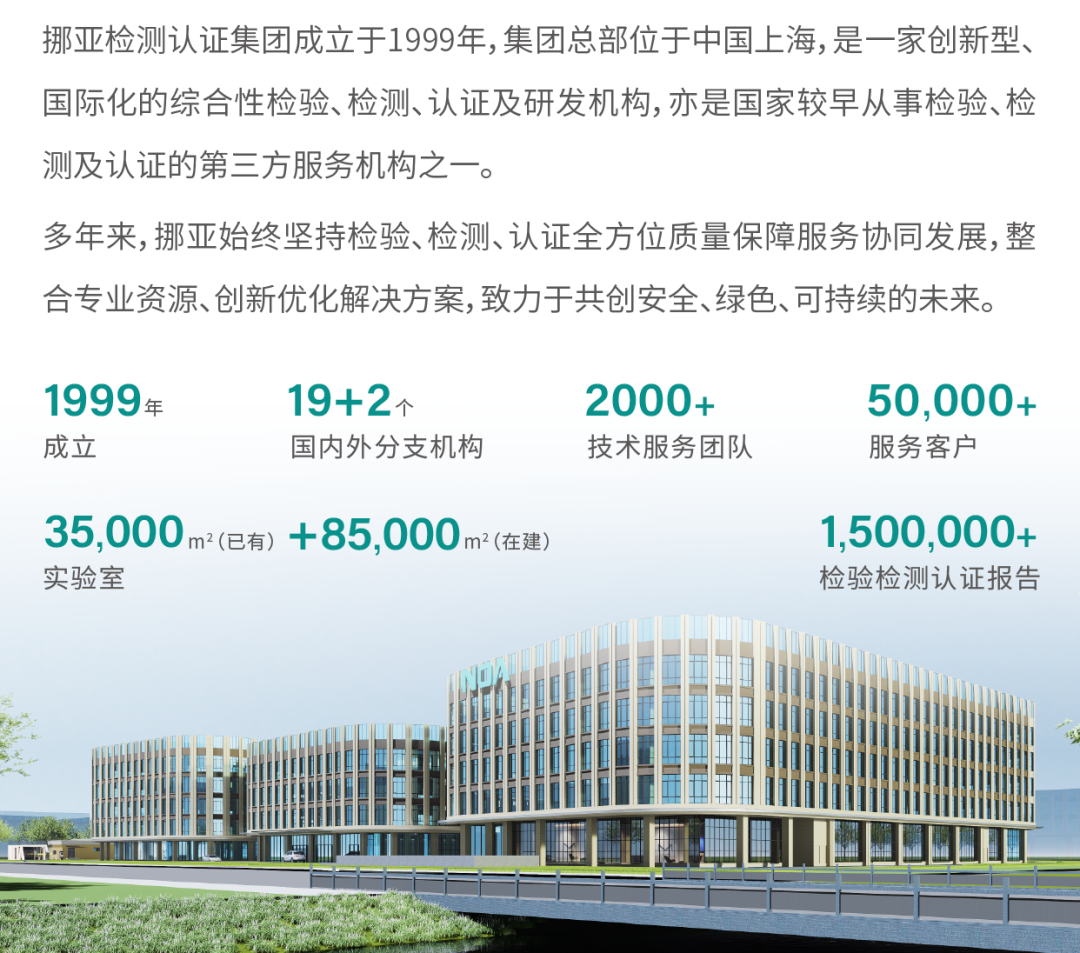
In the top ten strategic technology trends released by Gartner in 2025, AI Agents rank first due to their characteristics of “proactive decision-making capabilities” and “human-like interactions”. For sales-oriented enterprises, these intelligent agents, capable of real-time perception of customer needs and autonomous optimization of business processes, are initiating a comprehensive transformation from customer service to decision support. This article will analyze the implementation path of AI Agents in sales management within the framework of the ISO 42001:2023 standard, showcasing their dual value of technological breakthroughs and standard compliance.
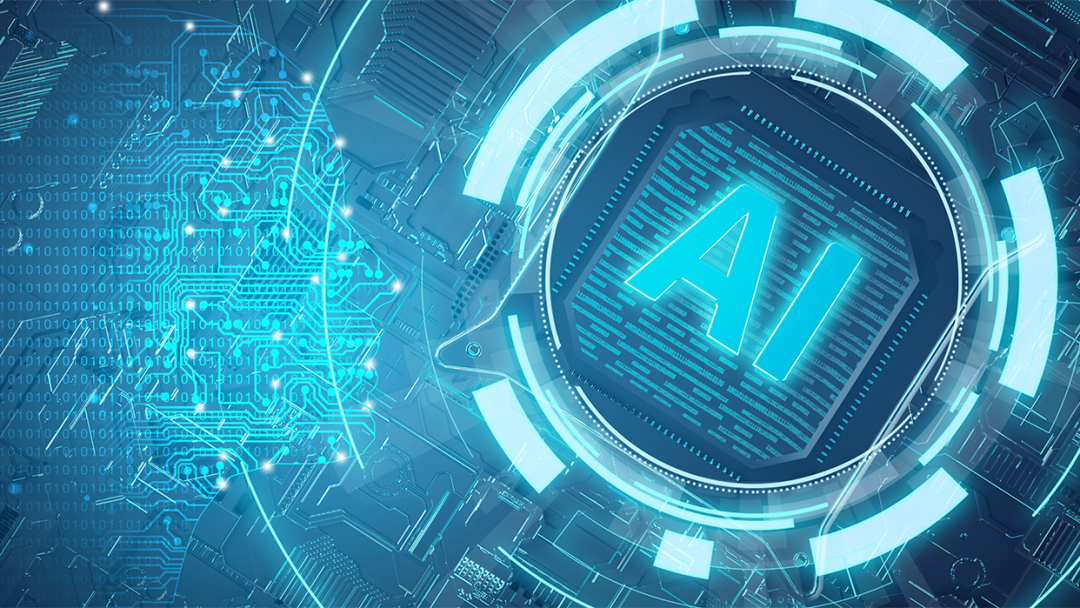 ▍Revolution in Intelligent Customer Service: Transformation from Cost Center to Profit Engine
▍Revolution in Intelligent Customer Service: Transformation from Cost Center to Profit Engine
▶ Disruptive Reconstruction of Technical Architecture
AI Agents utilize natural language processing (NLP) and knowledge graph technologies to construct a three-layer architecture that includes intent recognition, sentiment analysis, and knowledge retrieval. A smart customer service system deployed by a multinational cosmetics company can not only analyze the deep needs expressed by customers when handling return requests but also automatically generate optimal solutions based on order history. This technological breakthrough has increased customer service response speed by 300% and reduced labor costs by 45%.
▶ Security Practices of the ISO 42001 Standard
Following the data security management requirements of ISO 42001, a desensitization mechanism for enterprise customer data is established: Sensitive information is encrypted and only enters the model training phase in the form of feature vectors. A certain bank employs a dynamic permission control system to ensure that the AI Agent can only access necessary data fields when answering account questions, implementing the “principle of least privilege”.
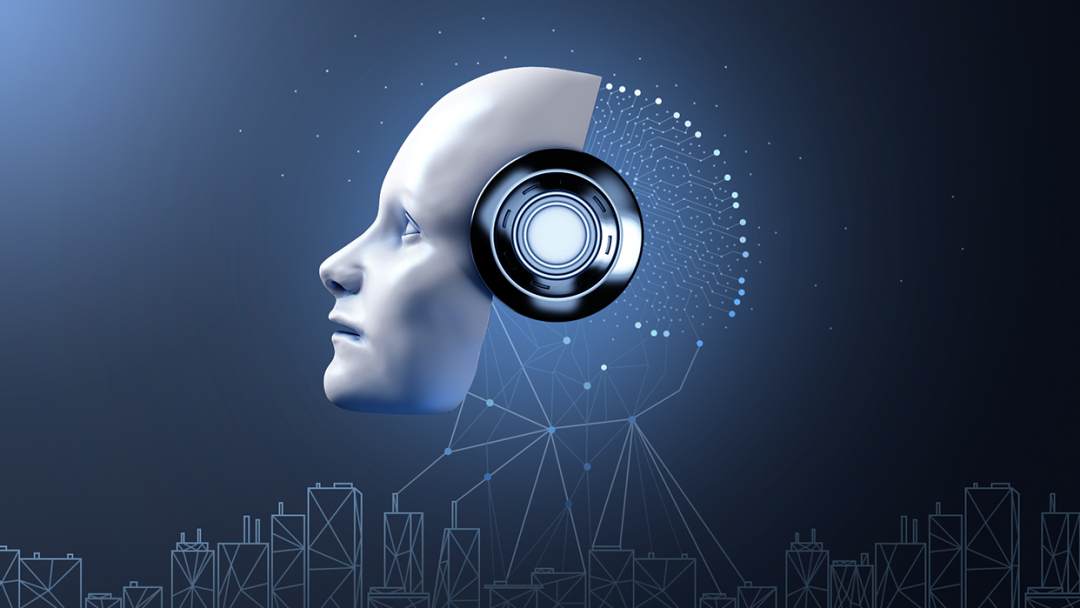 ▍Sales Forecasting System: Data-Driven Precision Navigation▶ Intelligent Fusion of Multi-Source Heterogeneous DataAI Agents integrate multi-dimensional data sources such as ERP, CRM, and social media, using time series forecasting algorithms to build dynamic sales models: A certain car dealer reduced the quarterly sales forecast error from 15% to below 3% by analyzing market policies, competitive dynamics, and store traffic data through AI Agents.▶ Risk Control under the Standard FrameworkAccording to the risk assessment clauses of ISO 42001, enterprises set deviation warning thresholds for forecasting models: When the deviation between the regional market forecast and the actual value exceeds 5%, the system automatically triggers the model retraining mechanism. This closed-loop management has improved the promotional resource allocation efficiency of a home appliance company by 27%, avoiding the financial risks associated with excessive inventory.
▍Sales Forecasting System: Data-Driven Precision Navigation▶ Intelligent Fusion of Multi-Source Heterogeneous DataAI Agents integrate multi-dimensional data sources such as ERP, CRM, and social media, using time series forecasting algorithms to build dynamic sales models: A certain car dealer reduced the quarterly sales forecast error from 15% to below 3% by analyzing market policies, competitive dynamics, and store traffic data through AI Agents.▶ Risk Control under the Standard FrameworkAccording to the risk assessment clauses of ISO 42001, enterprises set deviation warning thresholds for forecasting models: When the deviation between the regional market forecast and the actual value exceeds 5%, the system automatically triggers the model retraining mechanism. This closed-loop management has improved the promotional resource allocation efficiency of a home appliance company by 27%, avoiding the financial risks associated with excessive inventory.
▍Personalized Recommendation Engine: Value Mining for Everyone
▶ Technical Breakthrough in Behavioral ModelingBased on reinforcement learning recommendation algorithms, AI Agents can construct customer profiles with over 500 feature dimensions. An AI recommendation system introduced by a luxury e-commerce platform effectively increased the conversion rate of high-net-worth customers by analyzing implicit behavioral data such as page stay hotspots and click paths.▶ Ethical Compliance Balancing ActIn accordance with the ethical responsibility clauses of ISO 42001, enterprises establish a recommendation transparency mechanism: When generating personalized solutions, AI Agents must annotate the main decision-making basis. A certain maternal and infant products company improved customer trust and avoided the risk of group discrimination caused by algorithm bias by using visualized recommendation logic.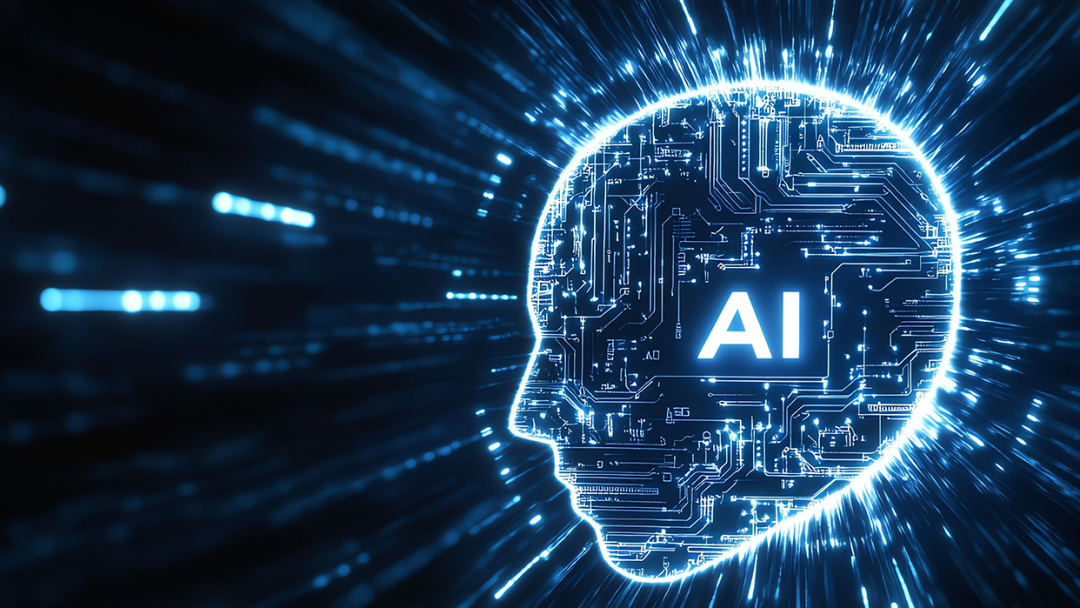 ▍Automated Marketing System: From Manual Execution to Intelligent Operations▶ Intelligent Reconstruction of Full-Chain MarketingAI Agents integrate marketing automation systems to achieve closed-loop management from lead nurturing to conversion. A certain educational institution’s smart marketing system statistics show that by optimizing email titles in real-time and adjusting advertising bidding strategies, customer acquisition costs were reduced, and ROI significantly improved compared to traditional manual operations.▶ Economical Optimization Guided by StandardsFollowing the resource allocation principles of ISO 42001, enterprises establish intelligent allocation models for marketing resources: A certain fast-moving consumer goods company dynamically adjusted the online and offline budget ratio through AI Agents, achieving a 41% increase in marketing output per ten thousand yuan during the domestic 6.18 promotion period, avoiding resource waste caused by blind spending.
▍Automated Marketing System: From Manual Execution to Intelligent Operations▶ Intelligent Reconstruction of Full-Chain MarketingAI Agents integrate marketing automation systems to achieve closed-loop management from lead nurturing to conversion. A certain educational institution’s smart marketing system statistics show that by optimizing email titles in real-time and adjusting advertising bidding strategies, customer acquisition costs were reduced, and ROI significantly improved compared to traditional manual operations.▶ Economical Optimization Guided by StandardsFollowing the resource allocation principles of ISO 42001, enterprises establish intelligent allocation models for marketing resources: A certain fast-moving consumer goods company dynamically adjusted the online and offline budget ratio through AI Agents, achieving a 41% increase in marketing output per ten thousand yuan during the domestic 6.18 promotion period, avoiding resource waste caused by blind spending. ▍Implementation Methodology under the ISO 42001 Framework▶ Triple Assurance for System ConstructionData Governance System: Establish standardized processes that include data cleaning, feature engineering, and version management. A certain clothing company improved the availability of feature data from 72% to 98% through a data quality dashboard.Risk Control Matrix: Develop control plans that include 12 types of risk scenarios and 35 countermeasures. A certain pharmaceutical distribution company’s risk assessment system successfully intercepted three potential data leakage incidents.Continuous Improvement Mechanism: Adopt an A/B testing framework for model iteration. A certain electronic product retailer achieved an average annual growth of 19% in the lifecycle value (LTV) of its recommendation system through continuous optimization.▶ Dual-Track Path for Technical ImplementationLow-Code Development Platform: Based on visual development tools, a regional chain supermarket completed the customized deployment of its smart customer service system within 14 days.Large Model Fine-Tuning Scheme: Based on RAG technology’s knowledge enhancement architecture, a certain financial institution improved the accuracy of professional document retrieval to 97% while meeting the knowledge traceability requirements of ISO standards.
▍Implementation Methodology under the ISO 42001 Framework▶ Triple Assurance for System ConstructionData Governance System: Establish standardized processes that include data cleaning, feature engineering, and version management. A certain clothing company improved the availability of feature data from 72% to 98% through a data quality dashboard.Risk Control Matrix: Develop control plans that include 12 types of risk scenarios and 35 countermeasures. A certain pharmaceutical distribution company’s risk assessment system successfully intercepted three potential data leakage incidents.Continuous Improvement Mechanism: Adopt an A/B testing framework for model iteration. A certain electronic product retailer achieved an average annual growth of 19% in the lifecycle value (LTV) of its recommendation system through continuous optimization.▶ Dual-Track Path for Technical ImplementationLow-Code Development Platform: Based on visual development tools, a regional chain supermarket completed the customized deployment of its smart customer service system within 14 days.Large Model Fine-Tuning Scheme: Based on RAG technology’s knowledge enhancement architecture, a certain financial institution improved the accuracy of professional document retrieval to 97% while meeting the knowledge traceability requirements of ISO standards. ▍Revelations of Transformation: Elevating Management in the Intelligent EraWhen a multinational retail group processes over 100,000 customer inquiries daily and automatically generates 2,000 sales analysis reports through AI Agents, its managers discover: The intelligent transformation not only brings efficiency improvements but also reshapes the organizational capability structure— the sales forecasting work that traditionally required a team of 50 can now be completed by three algorithm engineers collaborating with AI Agents. This transformation confirms the foresight of the ISO 42001 standard: Under the premise of ensuring safety and control, AI Agents are pushing sales management from experience-driven to a new era of data intelligence.Through the systematic implementation of the ISO 42001 framework, sales-oriented enterprises can enjoy the efficiency revolution brought by AI technology while effectively avoiding technological risks. Those enterprises that first establish the “agent + standard system” dual-drive model are building insurmountable competitive barriers in this business transformation. In the future, as the capabilities of large models continue to evolve, AI Agents will undoubtedly unleash greater potential, and the pioneers of standard compliance will become the biggest beneficiaries of the intelligent business era..
▍Revelations of Transformation: Elevating Management in the Intelligent EraWhen a multinational retail group processes over 100,000 customer inquiries daily and automatically generates 2,000 sales analysis reports through AI Agents, its managers discover: The intelligent transformation not only brings efficiency improvements but also reshapes the organizational capability structure— the sales forecasting work that traditionally required a team of 50 can now be completed by three algorithm engineers collaborating with AI Agents. This transformation confirms the foresight of the ISO 42001 standard: Under the premise of ensuring safety and control, AI Agents are pushing sales management from experience-driven to a new era of data intelligence.Through the systematic implementation of the ISO 42001 framework, sales-oriented enterprises can enjoy the efficiency revolution brought by AI technology while effectively avoiding technological risks. Those enterprises that first establish the “agent + standard system” dual-drive model are building insurmountable competitive barriers in this business transformation. In the future, as the capabilities of large models continue to evolve, AI Agents will undoubtedly unleash greater potential, and the pioneers of standard compliance will become the biggest beneficiaries of the intelligent business era..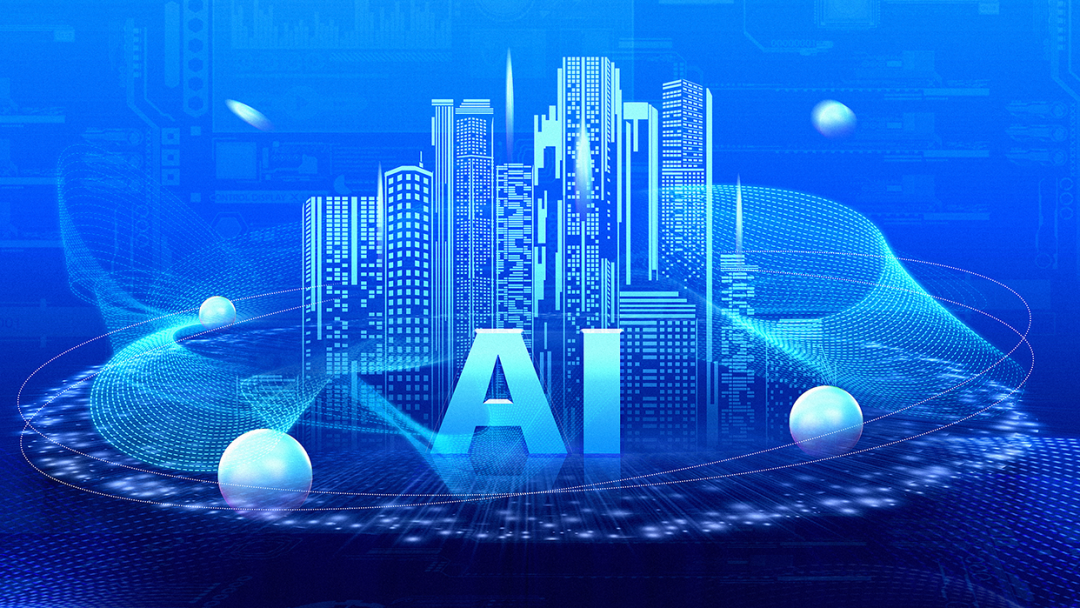 Noah Digital Standard Training Course
Noah Digital Standard Training Course
In today’s rapidly developing digital age, mastering digital standards is crucial for both individuals and enterprises. The Noah Digital Standard Training Course will provide you with systematic and professional knowledge explanations and practical guidance, helping you gain a deep understanding of the connotations and applications of digital standards, enhancing your competitiveness in the digital field.

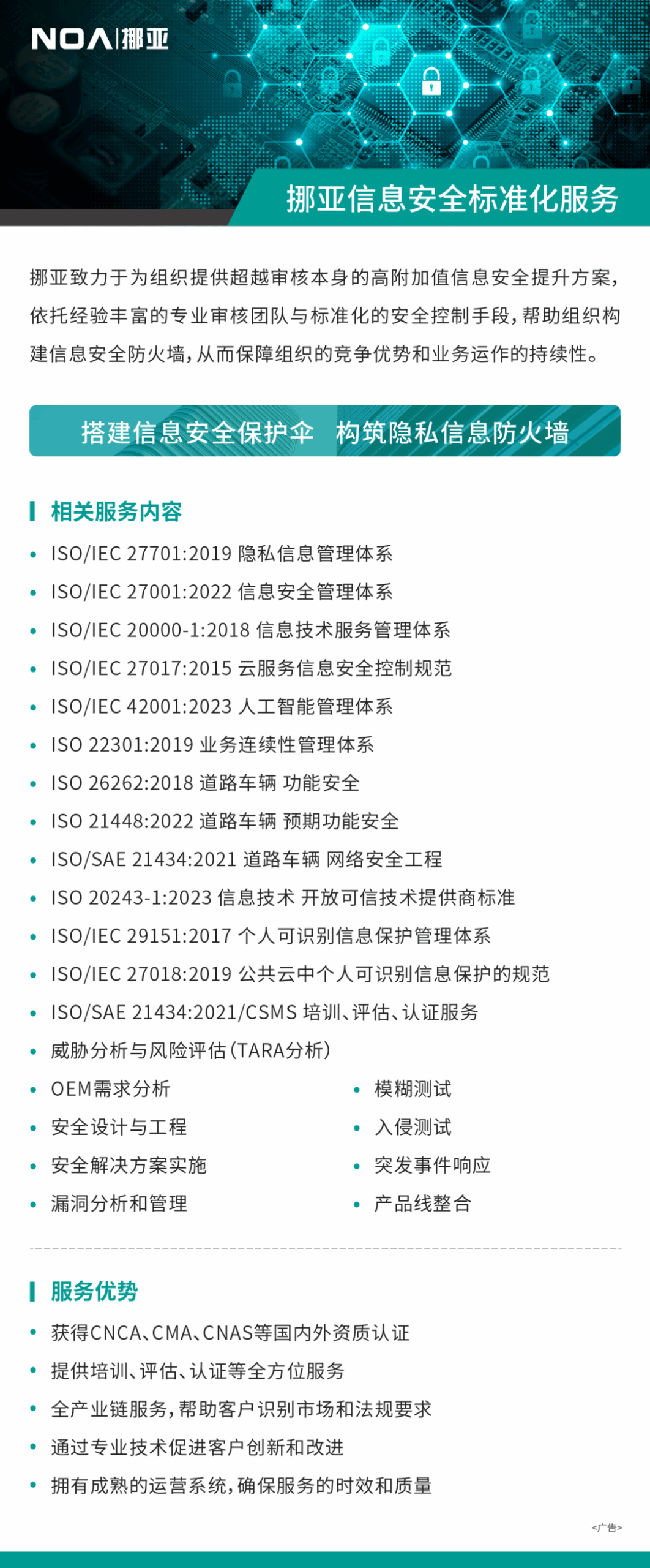

▍About NOA
